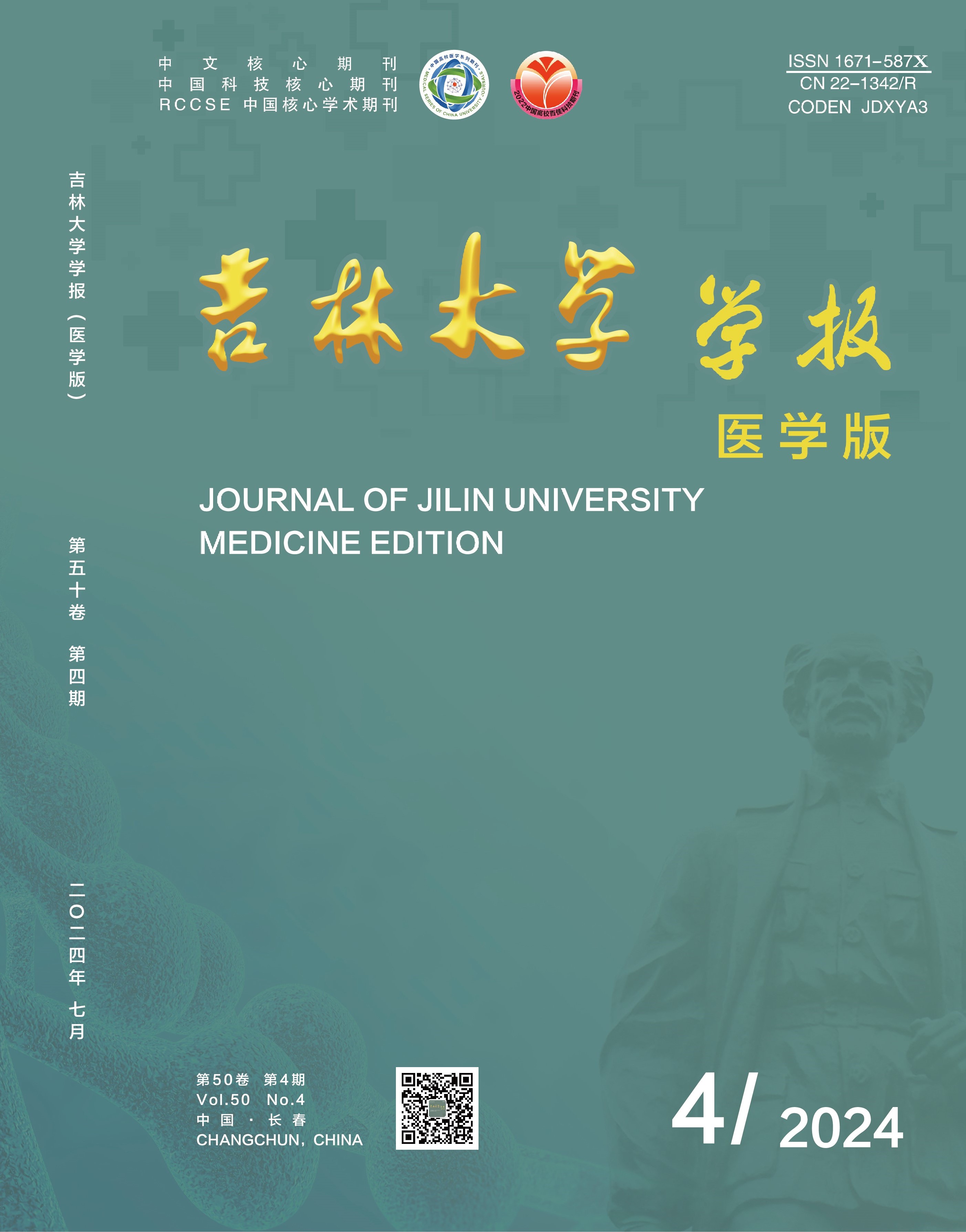|
|
Relationship between depression degrees and dimensionalities of survival quality of patients with end-stage renal disease
WANG Zong-qian,LU Xin-xing
Journal of Jilin University Medicine Edition. 2013, 39 (3):
615-619.
DOI: 10.7694/jldxyxb20130340
Abstract:Objective To analyze the effect factors of depression occurrence in patients with end-stage renal disease,and to elucida
te the impact of depression on life quality of patients with end-stage renal disease. Methods 186 patients with end-stage renal disease were
divided into depression and non-depression patients according to BECK depression questionary.Then the Kidney Disease Quality of Life Short For
m(KDQOL-SF)of patients were measured and the results were analyzed. Results In all 186 patients,138 (74.2%) were depressed,including 26 cases of marginal depression,72 cases of moderate depression,37 cases of severe depression and 3 cases of critical depression.The incid
ence of depression was not correlated with gender or marital status (P>0.05),but it was correlated with age,occupational status,educational level,economic status,duration of dialysis,and type of medicare (P<0.05).There were significant differences in symptom/problems,effects of kidney disease on daily life(EKD),work status(WS),cognitive function(CF),quality of social interaction(QSI),sexual function(SexF) and sleep between depr
ession and non-depression patients (P<0.05),while there were no significant differences in burden of kindey disease(BKD),social support(SOS),dialysis staff encouragement(DSE) or patient satisfaction(PS) between two kinds of patients(P>0.05).Depression was correlated with pain,genera
l health preperceptions(GH),emotion well-being(EUB),role linitations caused by emotional health problems(RE),social function(SocF),energy /fatigue,and changes in health(GH) and general health scales (P<0.05),but depression wasn’t correlated with physical functioning(DF) or role limitations caused by physical health problems (RP)(P>0.05). Conclusion 14 dimensionalities of survival quality (symptom/ problems,EKD,WS,CF,QSI,SexF,sleep,pain,GH
,EWB,RE,SocF,energy/fatigue,change in health and general health scales) are positively correlated with depression occurrence in patients with end-stage renal disease.
Related Articles |
Metrics
|

 Table of Content
Table of Content
 Guide to Authors
Guide to Authors


